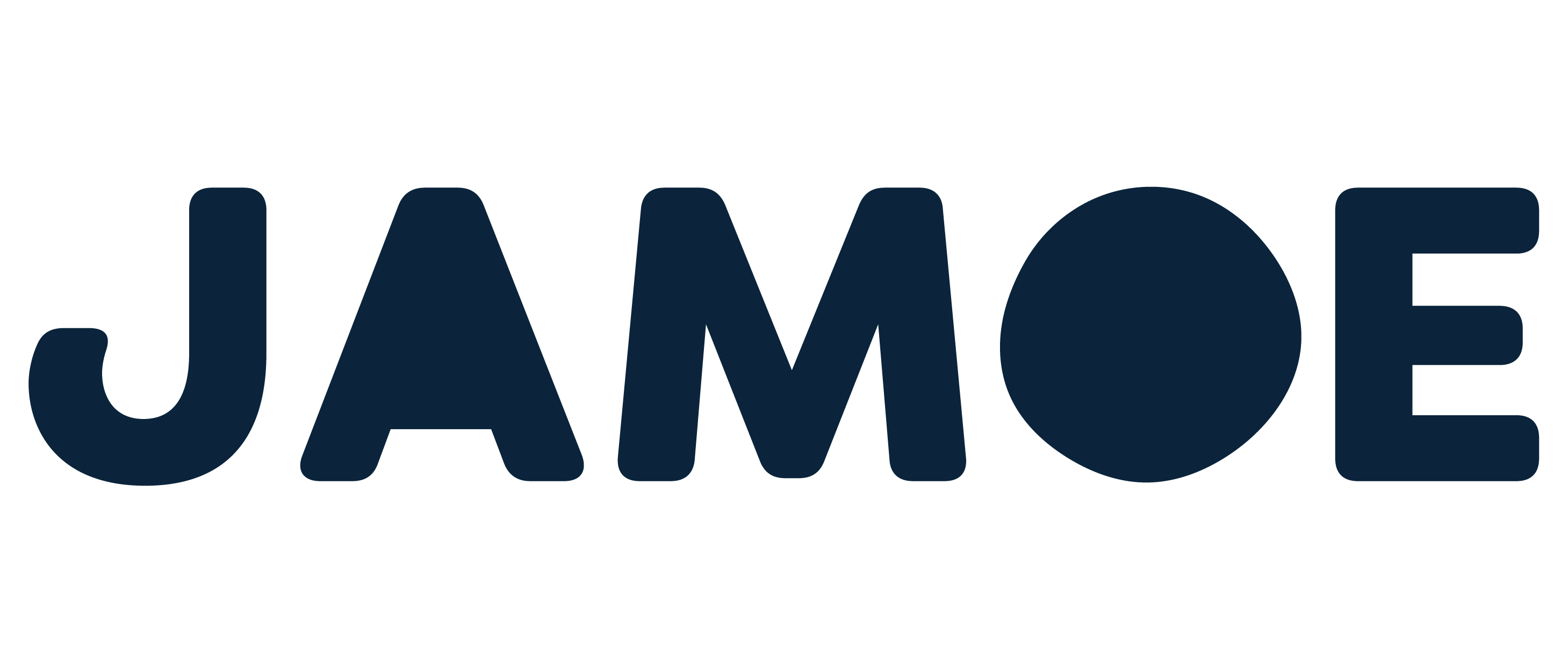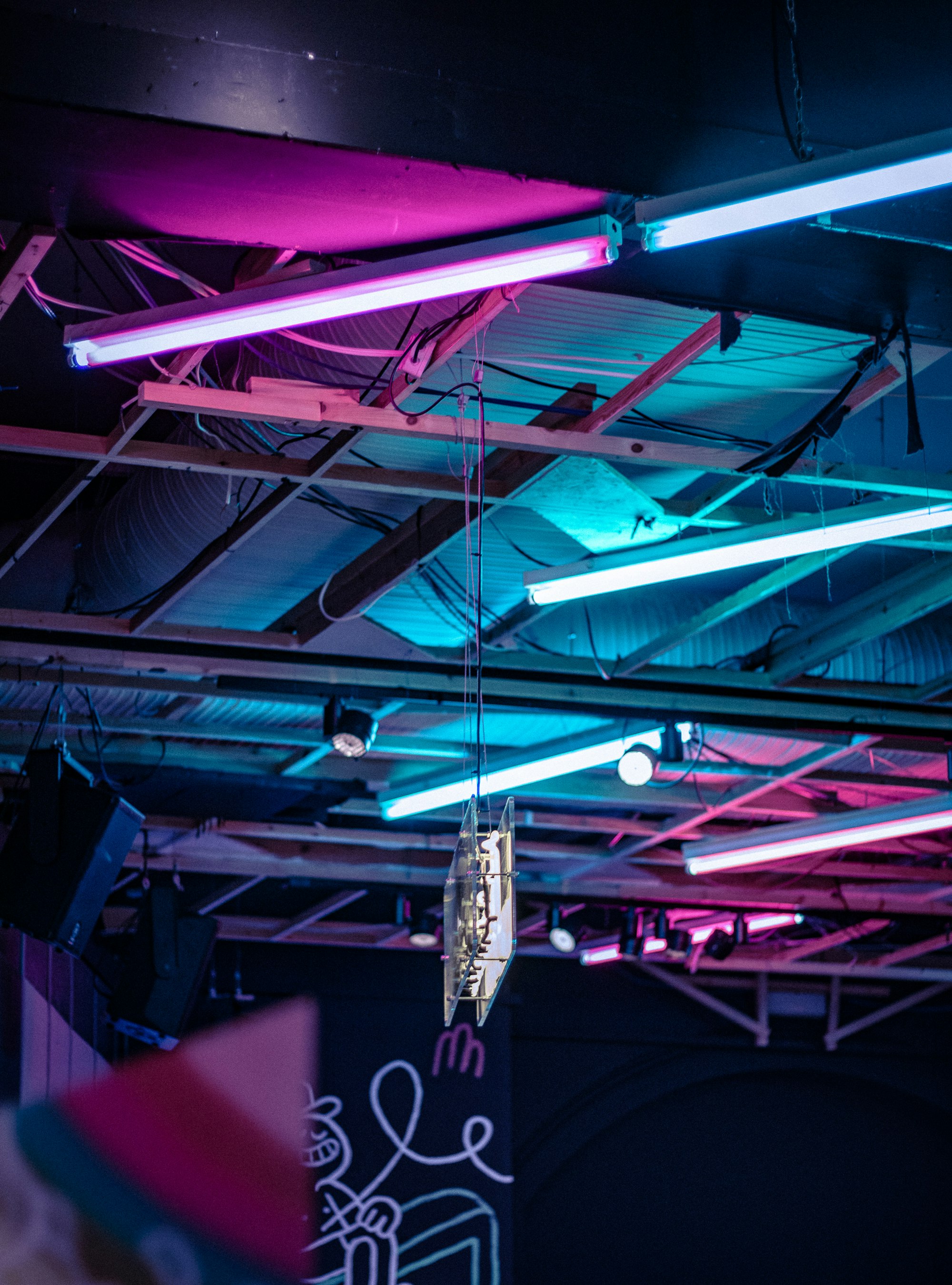Do You Use Your Degree At Work?
📚 Story of the week #8
"Do you use your degree at work?" It's a fair question as we don't have the luxury of spending a fortune on a degree that's decorative. It should be functional, too.
So, was my degree a chocolate teapot? It turns out what I learned during my time studying Philosophy, Politics, and Economics does transfer to the working world of building companies, as I think most degrees do.
The superpower of most degrees is teaching you how to navigate ambiguity, that is, solving problems that you've never seen before. For three years, your degree puts you into a pressure cooker that's designed – between your professors, friends, and the library – to make you learn from mistakes in a low-stakes setting, push your thinking, build your confidence, and develop your intuition.
During the first month on the job at Onfido, I faced a major problem I'd never seen before: I had a hunch that the tiny part of the business that sold to financial service companies was going to be the future of the business, and we should start sowing the seeds for its success now.
That weekend, among the crowd in a suburban cafe, 21-year-old me started studying the Joint Anti-Money Laundering Steering Group's 250-page guide to understand the financial service industry's identify verification requirements, and formulate a plan on how we could take these requirements and translate them into the 21st century.
Confident with my research, and sick from all the coffee consumed over a long day, I had a practical plan that was formed from all the theory I had read.
The CEO gave the plan the green light, and over the next three years the financial service arm grew from 0 to 7-figures in revenue – a big win for an early stage startup, and three years later that side of the business endures as a key source of revenue.
The world is changing faster than ever, and we face more and more unprecedented problems. There are no recipes we can follow to solve these problems, which means being able to navigate ambiguity is a craft worth honing.
A degree is but only one way of kickstarting this process, but honestly any pressure cooker that threw unfamiliar tasks at me would have worked. It just so happens that my pressure cooker involved writing a 2,000 word essay on a new topic every 3 days.
Do you have any novel ways you've developed your ability to navigate ambiguity?
🤯 A milestone in human history: GTP-3
"Any sufficiently advanced technology is indistinguishable from magic".
Yesterday, I saw some magic. There is a new open-source AI project called GTP-3, and it is mind-blowing.
I've seen people ask the software to build an app in the way you would speak to a human, and then moments later a functional app appears. There is no sexy promo video for this, but the weight of this technology shouldn't be overlooked because of that. If you're interested, see below.
Stay curious,
Jamie
P.S. Below is an excerpt on how GPT-3 was built, which is a testament to the human ambition
To build GPT-3, OpenAI fed in every public book ever written, all of Wikipedia, and a giant dump of the Internet as of October, 2019. They then spent $12 million of compute power having the AI read all of this content and make connections. They ended up with a 700GB model that needs to sit on 48 16GB GPUs in order to process input and return responses. The number of connections the model has is two orders of magnitude away from the number of connections the human brain has. – Kirk Ouimet, article here
This Twitter thread shows how the software can tackle design, creative writing, business strategy, and software engineering. It's pretty staggering.
All the most insane GPT-3 demos so far.
— Chris Frantz (@frantzfries) July 18, 2020
✅ Design
✅ Dev
✅ Creative Writing
✅ Strategic Writing
tldr, we’re all out of jobs - a thread




